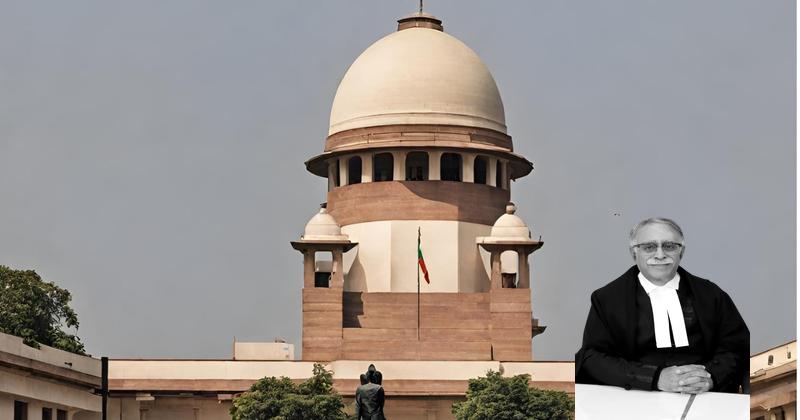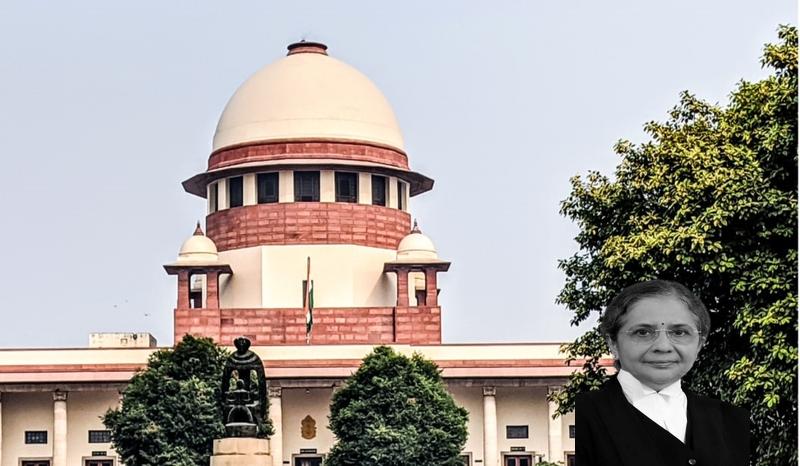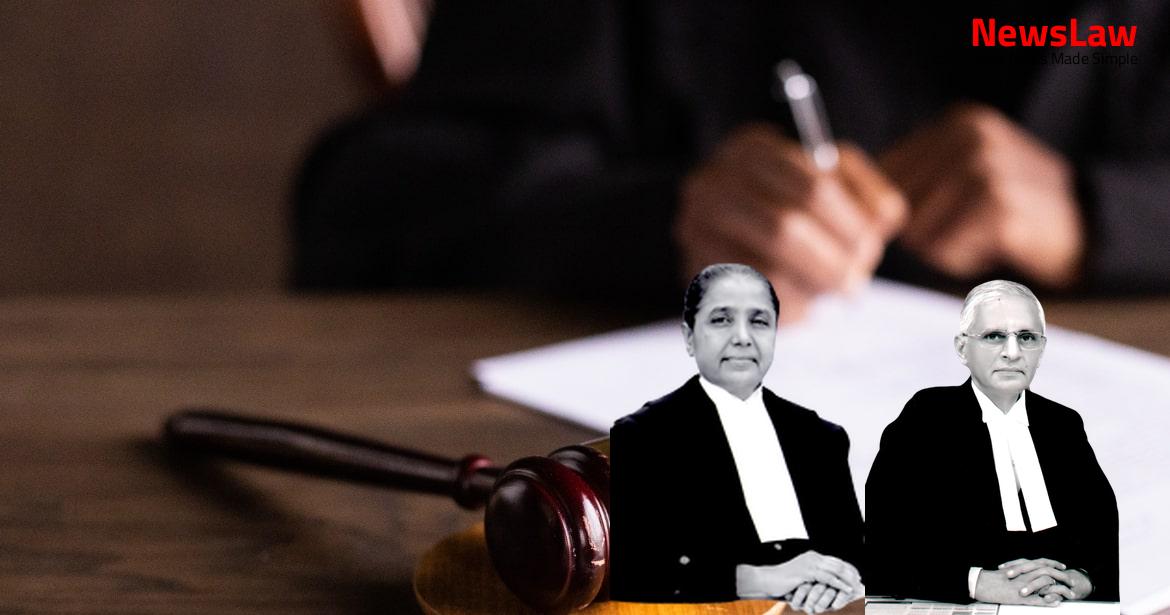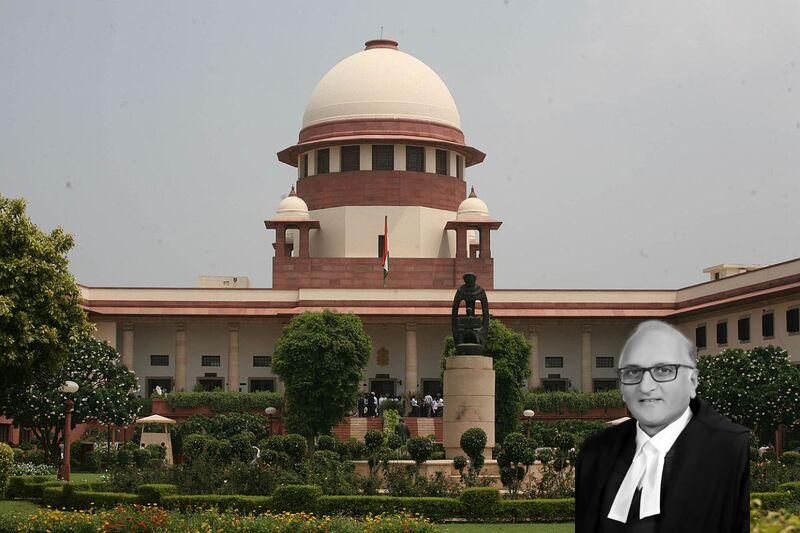The brief facts giving rise to the present appeal are that on 18.04.1991, the Appellant herein was appointed by Respondent No.3- Municipality as a casual worker @ Rs.25/- on a daily wage basis, to assist the Engineering Section of the Municipal Office. On 22.01.1997, Director of Local Bodies, West Bengal, issued a letter, wherein it was mentioned that as per order dated 13.03.1996, casual workers who were engaged by different Urban Local Bodies up to 31.12.1991 and were still continuing as such will be eligible for absorption against sanctioned and vacant Group “C” and “D” categories of post depending upon their eligibility within the purview of approved staff pattern of the respective Urban Local Bodies and as per the Board of the Councillors, subject to the fulfilment of terms and conditions. 9662(W) of 1991, the respondent municipality was directed to consider the case of the writ petitioners for absorption in the permanent vacancy.
Also Read: https://newslaw.in/supreme-court/case-summary-time-bar-limitation-in-customs-duty-determination/
Such permanent absorption was made considering the service of the writ petitioners as casual workers in the respondent municipality for a considerable period of time and therefore, such permanent absorption in the regular vacancy did not relate to an appointment with a retrospective effect and as such the petitioners are not entitled to such a permanent and/or regular scale upon such absorption with a back date. Vide Order dated 03.09.2010, the said Writ Petition was disposed of by directing Respondent No 2 herein to pass a reasoned order with regard to the question of approval of the petitioners in the Municipality within 8 weeks.
Accordingly, on 07.03.2012, 4 Respondent No 2 herein passed a reasoned order stating that the filling up of vacant posts of clerk cannot be considered for absorption from the gradation list of pre-1992 casual workers. Vide impugned Judgment and Order dated 10.12.2019, the High Court dismissed the appeal filed by the Appellant herein. Surajdipta Seth, learned counsel appearing on behalf of the Appellant argued that the Appellant had been continuously writing letters in 2016 and 2017, and even after 15 years of litigation since 1996, after High Court’s directions regarding the Appellant’s absorption, the Respondents never absorbed the Appellant into regular service, even though his co-employees were.
The learned counsel also brought to our attention the fact that the High Court’s Order dated 20.06.2000 passed in Writ Petition No 19555 of 1999 clearly reflects that absorption has 7 been given effect to vide Order dated 26.09.1996 passed in the aforementioned CO The learned counsel also referred to several letters in this regard as well as the Appellant’s service book which mentions that Respondent No
3- Municipality has absorbed the Appellant in view of the High Court’s Order dated 20.06.2000 in Writ Petition No 19555
(W) of 1999.
The learned counsel then argued that the High Court ought to have looked that the facts of the present case are clearly distinguishable from the facts of 8 Secretary, State of Karnataka vs Umadevi, since it cannot be applied to a case where regularisation has been sought in pursuance of Article 14.
The learned counsel brought to our notice the High Court’s order dated 24.08.2009, passed in Writ Petition ST No 483 of 2009.
The learned counsel also contended that the High Court in its order dated 20.06.2000 passed in Writ Petition
No 19555 (W) of 1999, had rightly held that the absorption of permanent vacancies of casual workers would not be considered retrospectively and would only have a prospective effect. Can the court impose on the State a financial burden of this nature by insisting on regularisation or permanence in employment, when those employed temporarily are not needed permanently or regularly? At the outset, we would like to state that this a case of gross violation of Article 14 and 16 of the Constitution. Even the Appellant’s service book records that Respondent
Also Read: https://newslaw.in/supreme-court/dismissal-of-special-leave-petition-and-remand-order/
No 3- Municipality has absorbed the Appellant in view of the High Court’s Order dated 20.06.2000 in Writ Petition No 19555 (W) of 1999. ….the respondents therein who were temporarily engaged on daily wages in the Commercial Taxes Department in some of the districts of the State of 12 Karnataka claim that they worked in the Department based on such engagement for more than 10 years and hence they are entitled to be made permanent employees of the Department, entitled to all the benefits of regular employees.
It is seen that the High Court without really coming to grips with the question falling for decision in the light of the findings of the Administrative Tribunal and the decisions of this Court, proceeded to order that they are entitled to wages equal to the salary and allowances that are being paid to the regular employees of their cadre in government service with effect from the dates from which they were respectively appointed. State of Karnataka [(1990) 2 SCC 396 : 1990 SCC (L&S) 274 : (1990) 12
Case Title: OM PRAKASH BANERJEE Vs. THE STATE OF WEST BENGAL (2023 INSC 567)
Case Number: C.A. No.-004210-004210 / 2023



